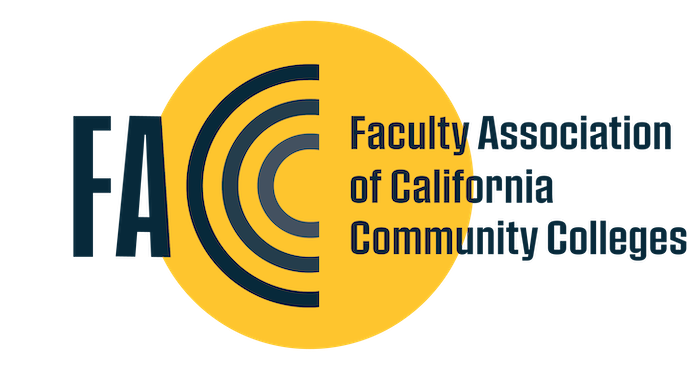AB 705: Leaving Students Behind
If you’re like me and enjoy spending winter break analyzing data from the state Chancellor’s office, then you might be interested in the effects of AB 705 on completion levels in math and English.
AB 705 was legislation that prohibited, except under very narrow circumstances, colleges from requiring students to enroll in remedial math and English. The logic was that if not enough students were completing transfer-level math and English classes within a one-year timeframe because they were taking remedial classes, then if we eliminate remedial classes they will finish faster, correct? The main data source is their Management Information Systems Data Mart. I was interested in looking at enrollment trends over the last several years, and, not surprisingly, we see a downward trend in enrollment. Below are the enrollment totals statewide and in General Math (TOP Code 170100) and English (TOP Code 150100)
